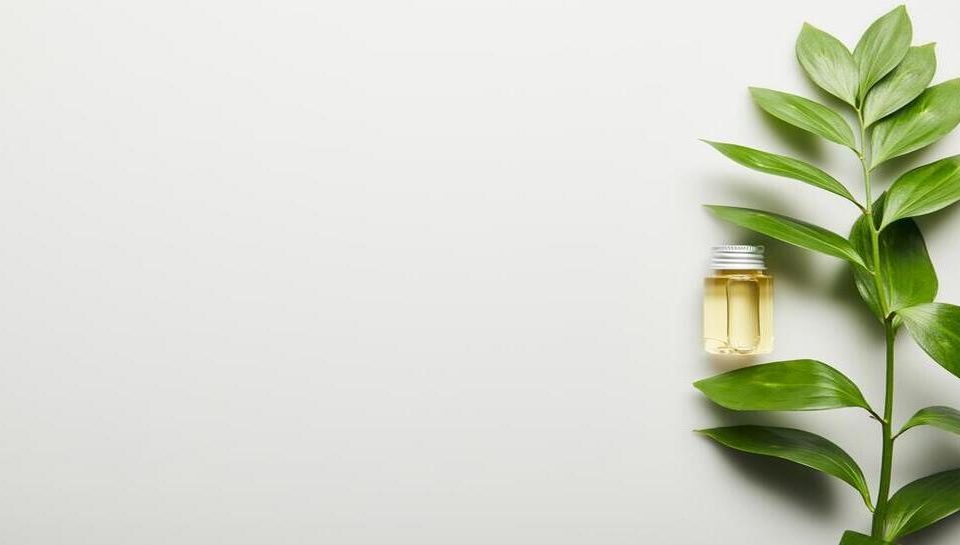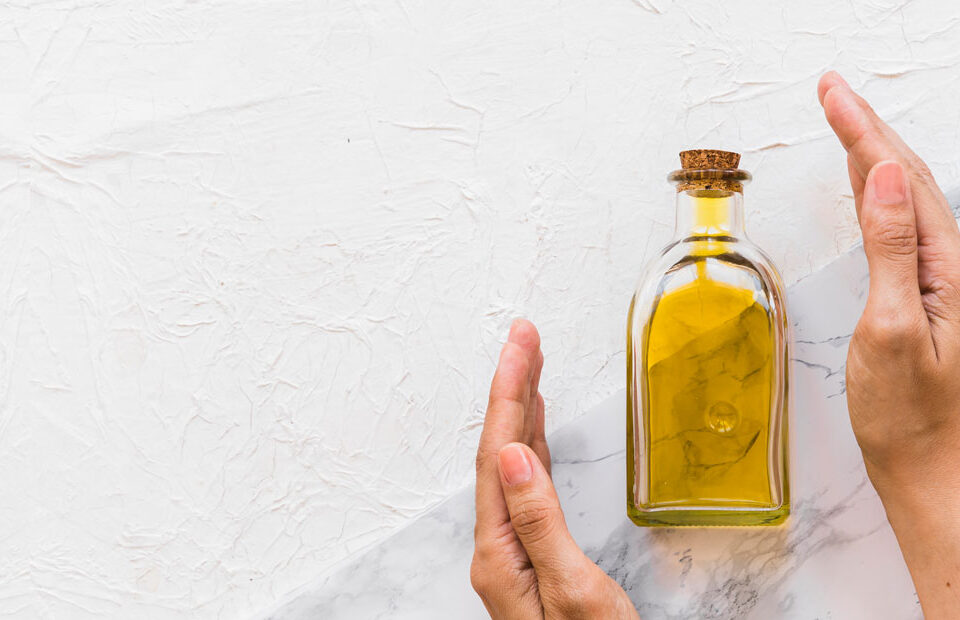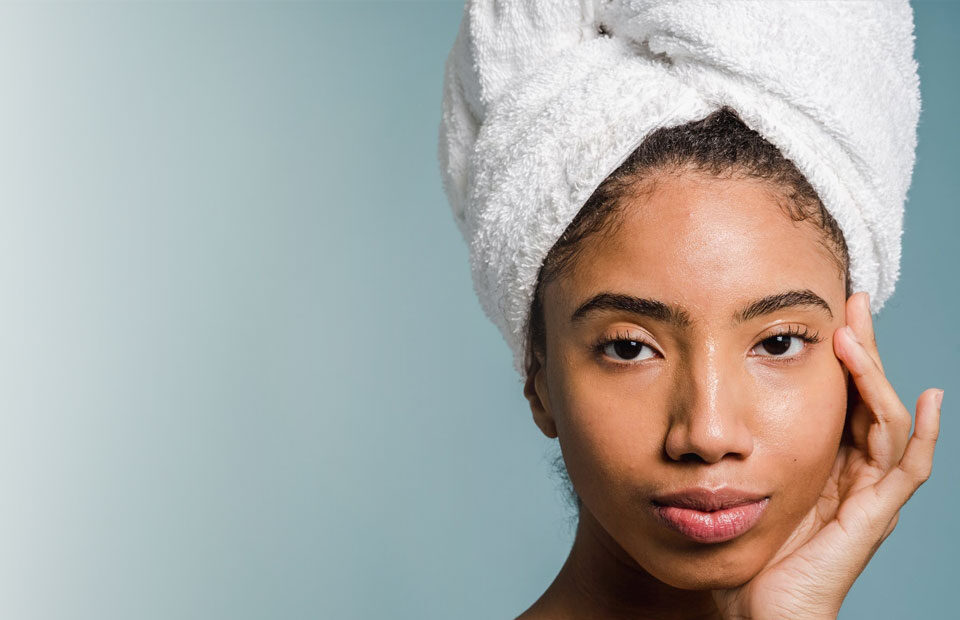Essential Oils — Relax, Renew, and Refresh

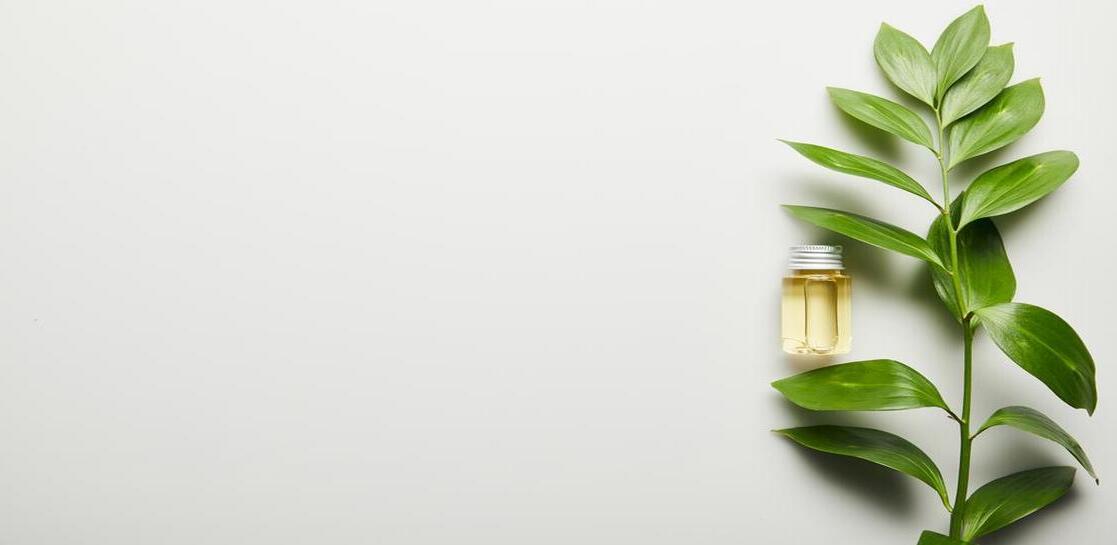
Essential oils or aromatic oils smell great, lessen stress, heal fungal infections, and help you to get a sound sleep. They are condense extractions from plants. A process called distillation changes the essence of a plant into a liquefied state for several medicinal and recreational uses.
There’s a huge array of essential oils available in the market. Some are widely used for their pleasing aroma, and others claim to have effective healing properties. Popular in complementary and alternative medicine, essential oils, extracted from flowers, leaves, roots, and other segments of plants, have been utilised for therapeutic reasons in certain cultures for years. Steady scientific research has established that few essential or aromatic oils do indeed have render health benefits; in fact, many contemporary medications are obtained from essential oils.
Commonly Used Essential Oils
In aromatherapy, essential oils are applied, smelled, patted on bathing towels, or heated (aroma candles) to produce a distinct calming aroma that is diffused in the environment aiding you to relax your mind.
Though there stands no compact evidence that aromatherapy can help cure any particular disorder, but there are quite a few reports that declare that essential oils and aromatherapy are extremely beneficial as a mood lifter or stress buster. On a very exhausting workday practicing aromatherapy can help you relax and attain the required peace and calmness within.
Listed below are some of the majorly used essential oils:
CALENDULA
A cognate of the marigold, calendula helps to alleviate rashes, yeast infections, wounds, and other skin irritations.
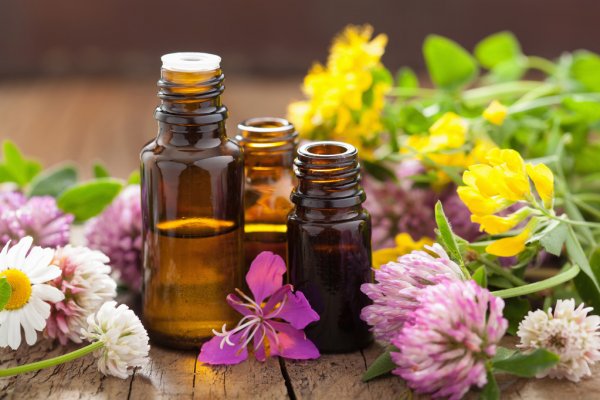
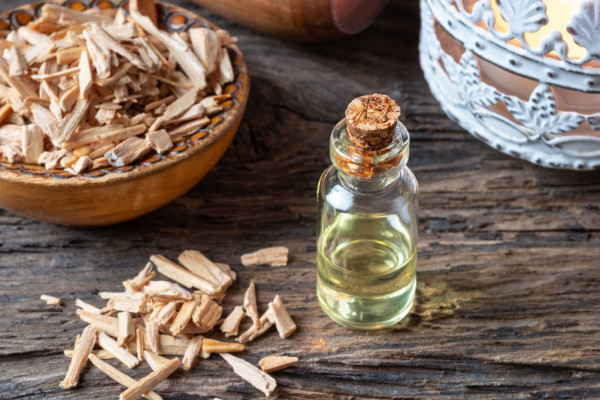
CEDARWOOD
Primarily utilised to cure hair loss, cedar or cedarwood oil can also relieve stress and improve sleep.
CINNAMON
The oil in this widely used spice may promote circulation, ease stress, mitigate pain, repel infections, and enhance digestion.
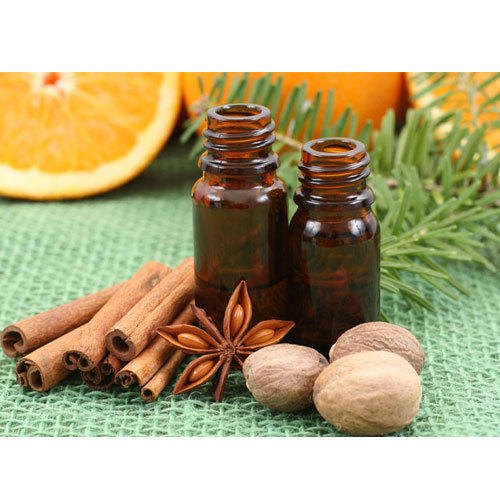
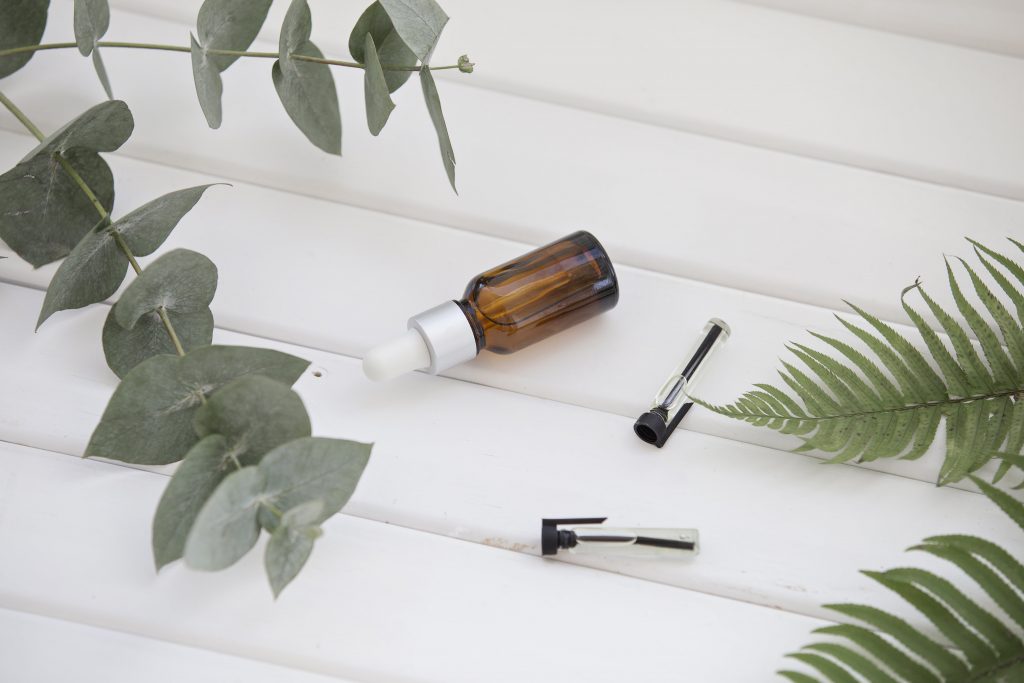
EUCALYPTUS
The active ingredient in VapoRub, eucalyptus is widely used to treat colds, congestion, and coughs, and is being further researched for antibacterial benefits that it imparts.
JASMINE
A floral oil with a sweet aroma, jasmine is recommended as a stress-buster with the capability to help heal dry skin and signs of aging, psoriasis, and inflammation.
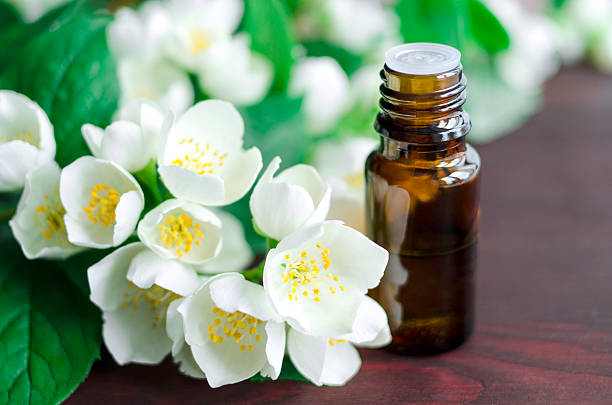
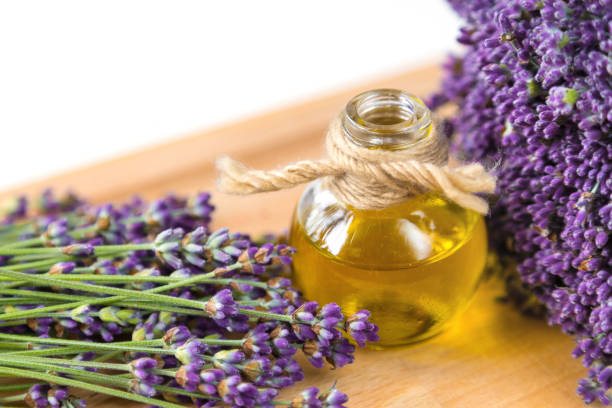
LAVENDER
One of the commonly used essential oils, lavender is put to use for relaxation and to mitigate insomnia.
LEMON
Primarily used to enhance mood and energy, this citrus-smelling oil helps on reducing anxiety and may also promote weight loss.
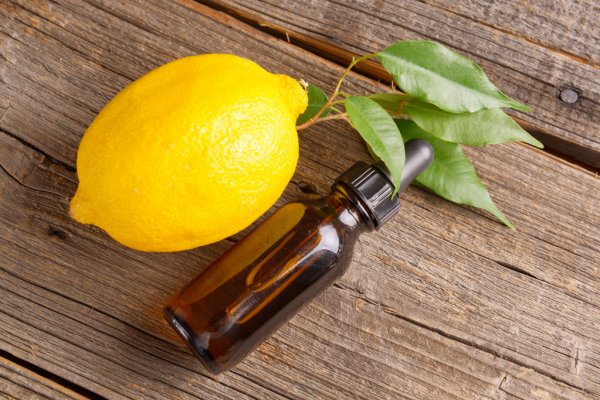
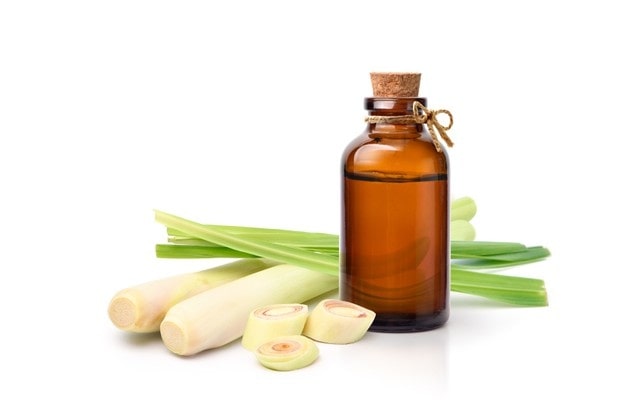
LEMONGRASS
Intended for stress-relief and immunity-boosting properties, lemongrass oil can help you to get rid of fungal infections, eases anxiety issues, headache, and stomach upset.
ORANGE
The lovely citrus smell of orange can uplift energy and enhance mood. It is also worth mentioning that, orange oil can ease anxiety as well.
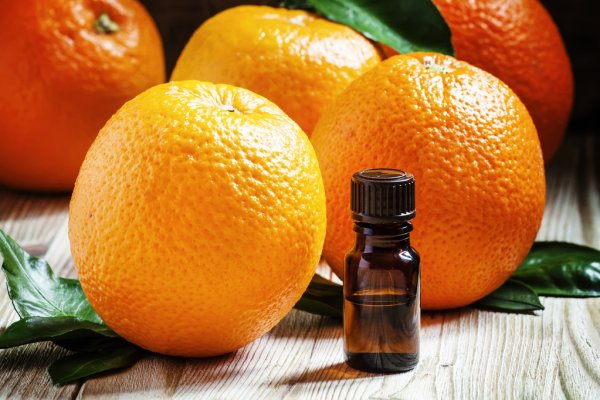
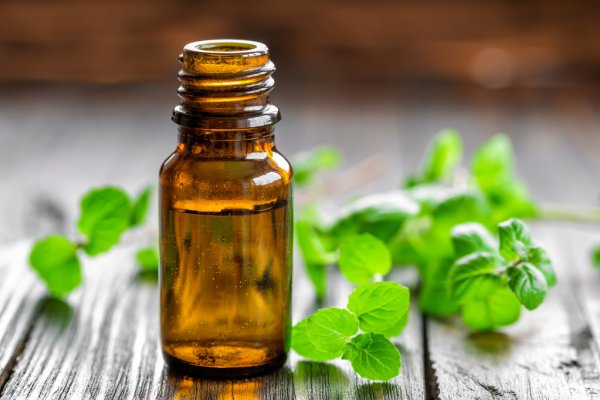
PEPPERMINT
Peppermint oil is extensively used for treating headaches, irritable bowel syndrome, and stomach pain.
ROSE
Rose oil is one of the most luxurious essential oils, this fancy soothing floral scent may reduce stress and menstrual cramps.
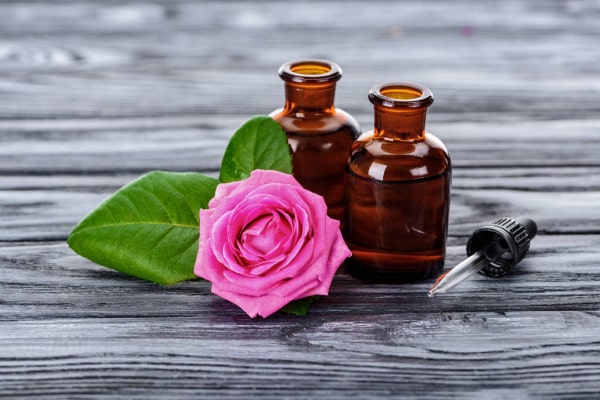
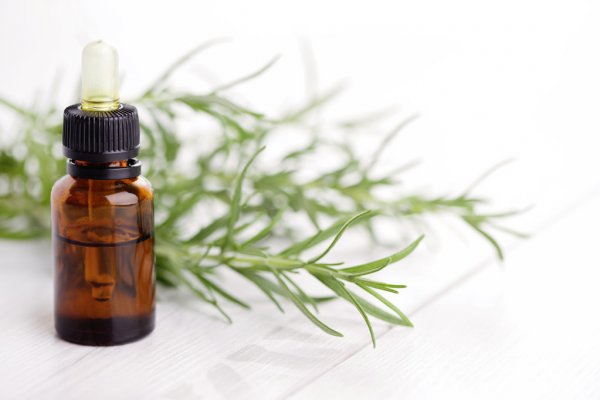
ROSEMARY
Refined from the cooking herb, rosemary oil is trusted to ameliorate mental focus and is being researched for the prevention of dementia.
SANDALWOOD
Sandalwood oil is very popular in meditation centers and spas, this aromatic earthy smell is considered to relieve anxiety and improve sleep.
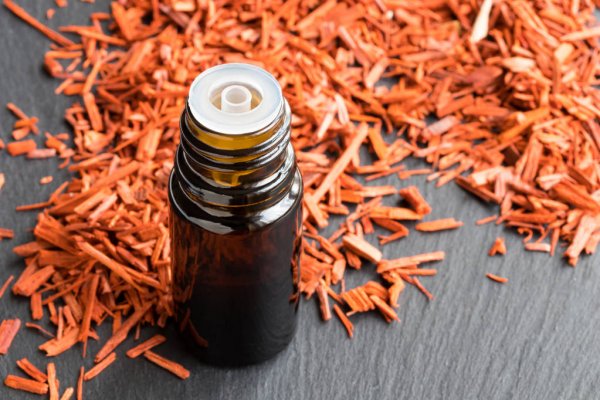
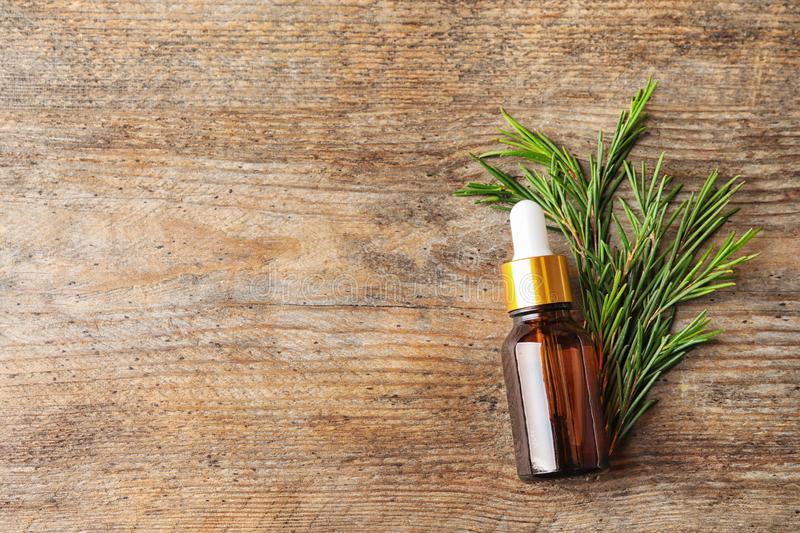
TEA TREE
This unique-smelling oil is applied to heal fungal skin infections and as a spot treatment for acne.
YLANG YLANG
Ylang-ylang oil is used to alleviate pain, ease inflammation, enhance mood, and boost libido, studies also show that this oil may also decrease blood pressure.
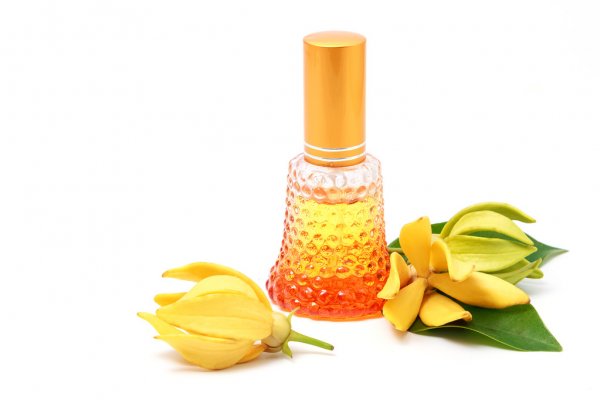
Some of the Health Benefits of Essential or Aromatic Oils
Despite their extensive use, little is acknowledged about the proficiency of essential oils to address few health conditions. Here’s a glance at the facts regarding some of the common health problems that essential oils and aromatherapy have been utilised to treat.
STRESS AND ANXIETY
It has been assessed that individual who encounters stress and anxiety issues, adapts some form of alternative therapy to reduce their symptoms. When it comes to aromatherapy, research have been quite on the optimistic side. Several cases have established that the smell of some essential oils can be of great help along with conventional therapy to fight anxiety and stress.


HEADACHES AND MIGRAINES
In the 90’s, patting a peppermint oil and ethanol mixture on individuals’ foreheads and temples eased headache pain. Recent research has also noticed reduced headache pain after using peppermint and lavender oil to the skin.
SLEEP AND INSOMNIA
Smelling lavender oil has been stated to enhance the sleep quality of women after childbirth, also patients with heart disease.
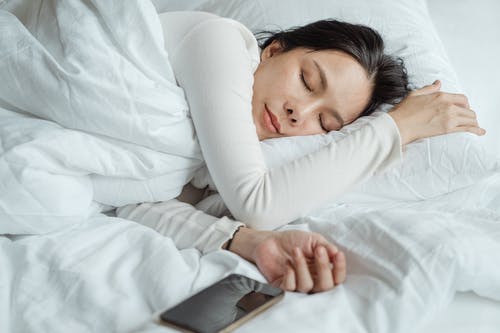
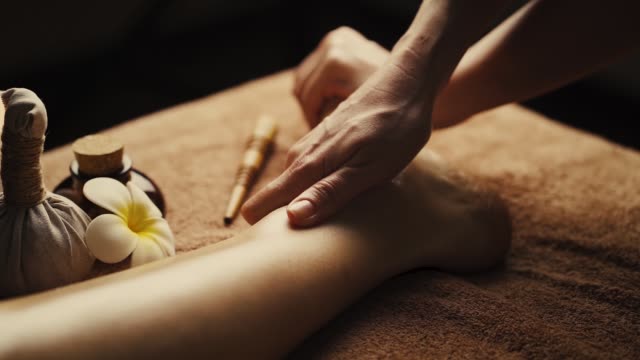
REDUCING INFLAMMATION
It has been recommended that essential oils may help defend against inflammatory conditions. Some test-tube research depicts that they have anti-inflammatory effects. Further, consuming an amalgamation of thyme and oregano essential oils helped stimulate the remission of colitis.
ANTIBIOTIC AND ANTIMICROBIAL
The growth of antibiotic-resistant bacteria has resumed interest in the search for other compounds that can restrict bacterial infections. Several researchers have investigated essential oils, such as peppermint and tea tree oil, widely for their antimicrobial effects, observing some positive results.
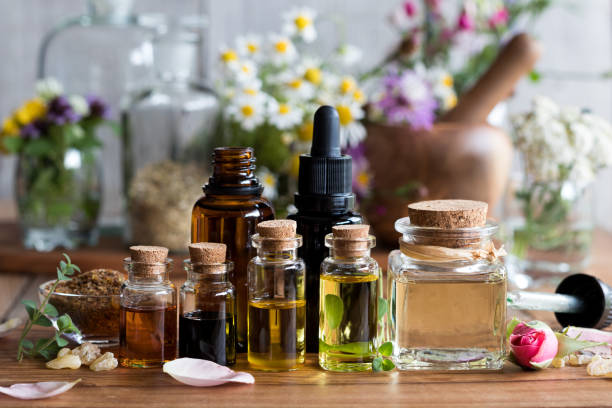
Related Stories
